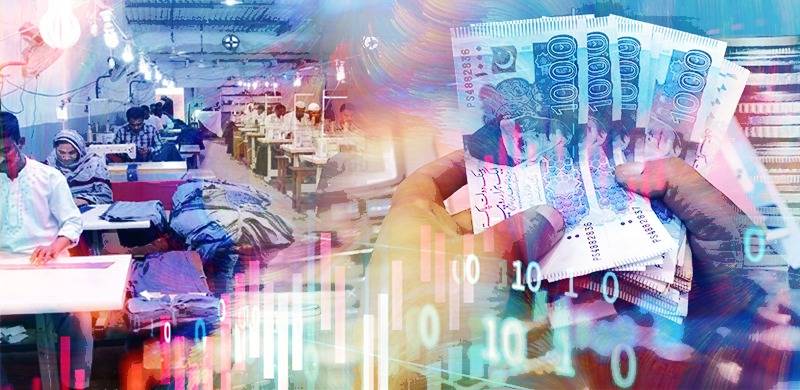
The Pakistan Democratic Movement (PDM) government is all set to present its first budget in the parliament tomorrow. Budget speeches are usually raucous affairs in Pakistan: The opposition tries to create maximum commotion in order to protest the government’s economic policies and, perhaps, to garner attention on national media as the budget speech is shown live on most TV channels. This year promises to be different as there is hardly any opposition in the National Assembly after the en masse resignation by PTI members.
The more important reason why this budget speech is going to be different is because it comes amid the deep sense of foreboding that seems to have settled over Islamabad while a perfect storm bears down on the economy.
Due to the precipitous rise in international oil prices in the immediate aftermath of the Russia-Ukraine conflict, foreign currency reserves started haemorrhaging. Pakistan lost more than 50% of its reserves in the last 9 months. Running out of import cover, Pakistan was forced to turn to the IMF, once again. Surprisingly, the IMF chose a very inopportune time to lay down strict conditions regarding reining in of the fiscal deficit, leaving the government with no option but to pass on the price increase to the common citizens. Still, the import bill is not under control with the current account deficit pushing USD 17 billion in this fiscal year.
Given the general elections next year, this government has a very narrow window for stabilising the economy which basically means that the twin deficits — fiscal and current account – will have to be brought to heel. For this reason, the government has indicated that the next year’s budget will focus on stabilisation through putting brakes on the economy by way of import controls as well as through reduction in expenditure, while raising 20% additional revenue over last year. Specifically, the current account deficit will be reduced by almost 30%, while fiscal deficit will also be brought down significantly.
Reducing these deficits through slowing the economy is going to be tightrope act for this government as there will certainly be a political price to pay in the next elections. And this price could become exorbitant given that inflation will soon be pushing 18-20%, while the policy rate will also move upwards in order to partially arrest inflation and to partially slow the economy down. Against the backdrop of brakes being applied to the economy, back-breaking inflation and a high policy rate, it beggars belief to suppose that the government will be able to end the year with an economic growth of 5%, as claimed. What this means is that this coming year could see little or no job creation, thereby exacerbating the government’s political problems.
It appears that the government has a solid understanding of these economic challenges as well as of the political cost it may have to incur in the next elections. Purportedly, this is one reason why the government has decided to provide PKR 2000 per month to 14 million households on top of the Benazir Income Support Program (BISP) bringing the annual allocation to PKR 336 billion from this one initiative alone. Regardless of the government’s intention, this is a welcome development as this assistance will provide some modicum of support to the people as they struggle against this perfect economic storm.
Given fiscal constraints, this is perhaps all the government can do right now, especially as the Public Sector Development Program (PSDP) will see significant reduction in the coming budget. Ultimately, the policymakers will have to carry out deep structural reforms in order to put the nation on the path towards sustainable economic growth.

